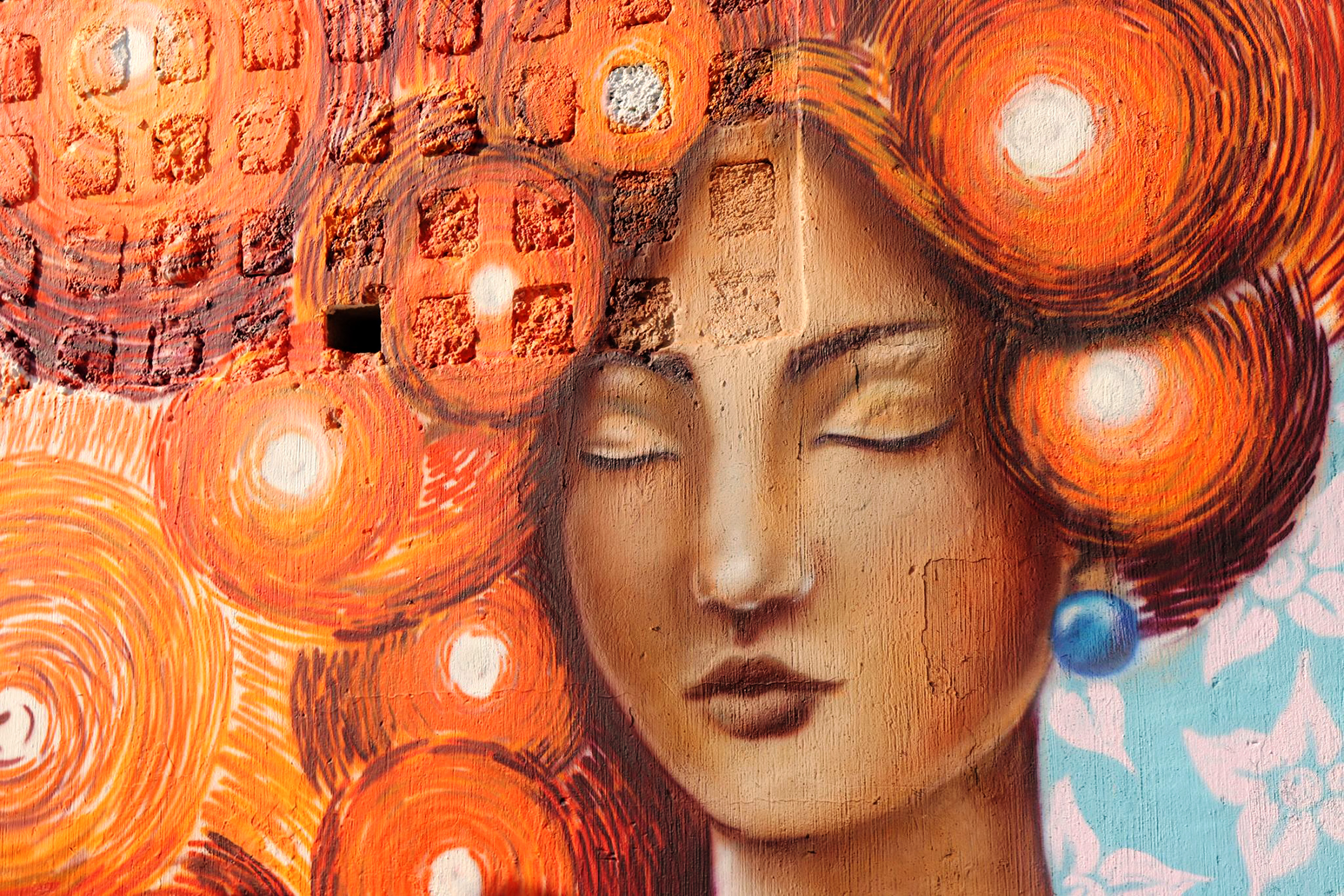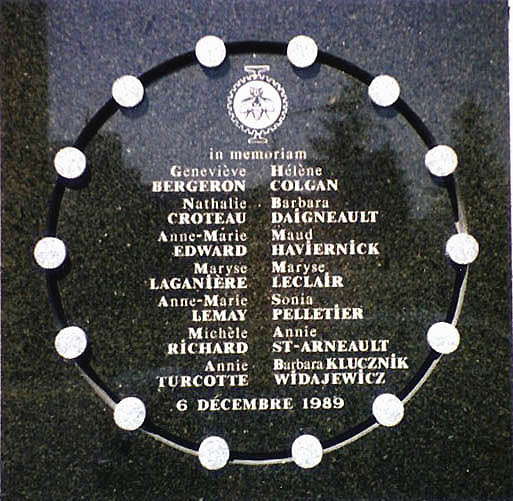This article analyzes the various conditions women face in Switzerland, and how the work of the Centre LAVI (Loi sur l’Aide aux Victimes d’Infraction) is instrumental in helping them. During a recent interview in Geneva, Muriel Golay’s, director of Centre LAVI, was generous enough to share her views of possible solutions within the framework of the Swiss legal system.
On June 14, 2019 women in Switzerland marched for gender equality and awareness against gender-based violence. The first women’s rights demonstration in Switzerland was held in 1991, twenty years after women gained the right to vote. Women still face significant discrimination and abuse. For instance, the gender pay gap in upper and middle management positions can reach 18.54%, with women receiving a monthly salary of 8.861 CHF while men earn 10.878 CHF. Contrary to preconceived notions, even in countries like Switzerland, one in five women are a victim of sexual violence.
The 2018 World Economic Forum’s Global Gender Gap Index has scored 149 countries on women’s political empowerment. This report rates a country’s years with a female head of state, women’s roles in parliament and ministerial positions, assessing them on a scale from 0 to 1. Switzerland, with a score of 0.32, exceeds the average 0.229 yet still experiences significant gender disparity.
Centre LAVI and victim assistance
Pre-1993, critics called for a radical shift within the judicial and legal landscape as penal law and procedural law refused to recognize victims’ rights. In 1993, the Swiss Federal Law on Assistance to Victims of Delinquent Acts was passed. Article 121.6 of the Federal Constitution states that victims of crimes should be financially assisted. This assistance includes psychological counselling to aid and recovery. Both the Confederations and Cantons are responsible for setting up autonomous, professionally managed, free and local consultation centers whether public or private. LAVI welcomes all victims of penal offences as well as of emotional and physical abuse.
“The Center works closely with other organizations in assisting victims or implementing programs to alert the public to the issues women face”, said Muriel Golay. “The police and Ministers should inform the victim that this center exists. When a citizen calls we assess their situation to see if we are able to help them and, depending on the situation the person experiences, we advice them accordingly. The center is not reserved exclusively for women, but women make up a majority (70%) of visitors to the center. Most importantly our staff supports victims and reassures them so that they do not give up on their legal or administrative procedures”.
LAVI Center’s 2018 activity report revealed that most women who go to the Center are victims of domestic violence. In 2018, the number of women subjected to domestic violence numbered 300 out of 343 visitors in total. Moreover, the percentage of female victims of assault rose from 37% in 2017 to 43% in 2018. These figures proved the usefulness of the Center’s activities and the need for such centers to be further developed.
The legally restricted definition of rape
The Federal Law of Assistance to Victims of Crimes (LAVI), the European Convention on the Compensation of Victims of Violent Crimes, and the implementation of the Istanbul Convention aim to safeguard victims’ rights and to prevent gender-based violence. However, contrary to the European Convention on prevention and combating violence against women and domestic violence, Swiss law defines rape in a very limited way. The Criminal law article 190 defines rape as “any person who forces a person of the female sex by threats or violence, psychological pressure or by being made incapable of resistance to submit to sexual intercourse is liable to a custodial sentence of from one to ten years”.
In 2018, Switzerland endorsed the Istanbul Convention, which required that governments implement measures to protect citizens’ rights and to specifically promote and safeguard women from violence. Article 36 of the Convention defines sexual violence as behaviors “engaging in a non-consensual vaginal, anal or oral penetration of a sexual nature of the body of another with any bodily part or object, engaging in other non-consensual acts of a sexual nature with a person, causing another person to engage in non-consensual acts of a sexual nature with a third person.” The implementation of gender equality in Switzerland and the well-being of the entire society necessitates a review of the definition of rape. Legislative measures need be taken in order to embrace gender awareness of violence against women, and this definition cannot ignore men and boys but must focus on human rights and protection of all victims. “Talks are currently ongoing, but this requires the entire Swiss civil society’s involvement to achieve a significant change,” said Golay. “Another issue revolves around limitation periods as it often takes a long time for victims to come forward. Even though deadlines may have legally expired, LAVI Center offers services to help them to recover from their experience and move forward.”
Golay has further argued: “Issues victims have to face are often related to difficulty talking and being believed, handling guilt and shame as well as dealing with the somatic and psychic consequences of the offence. Taking this into consideration, initiatives have been implemented in order to increase society’s awareness, so that blame is placed on the perpetrators rather than the victims. This is intrinsically linked to the recognition of women’s rights and to the achievement of gender equality. It remains crucial to carry on sensitizing and informing citizens of them.”
Although women still experience economic, psychological and physical violence, the fact that more are willing to ask for help and that more structures are being created with this objective in mind is a sign of hope.
Featured Image: “Orange the World 2018 – Guatemala” (2 December, 2018), by UN Women/Carlos Rivera via Flickr. Licensed under CC BY-NC-ND 2.0.
Disclaimer: Any views or opinions expressed in articles are solely those of the authors
and do not necessarily represent the views of the NATO Association of Canada.



